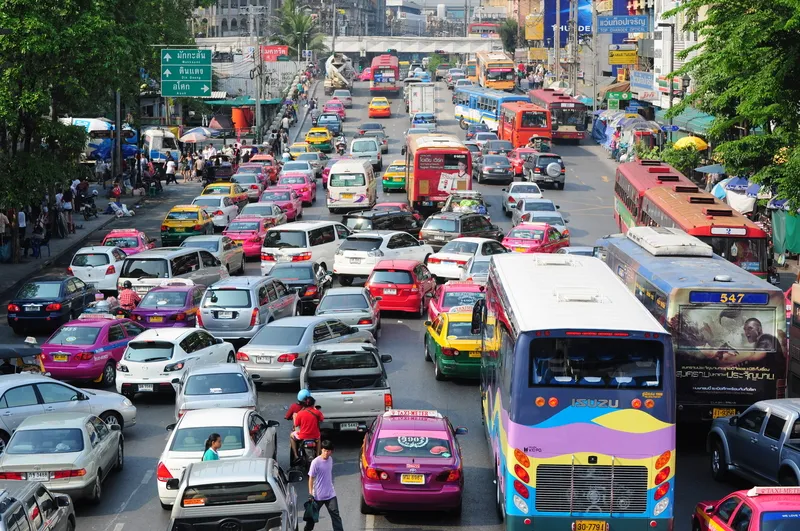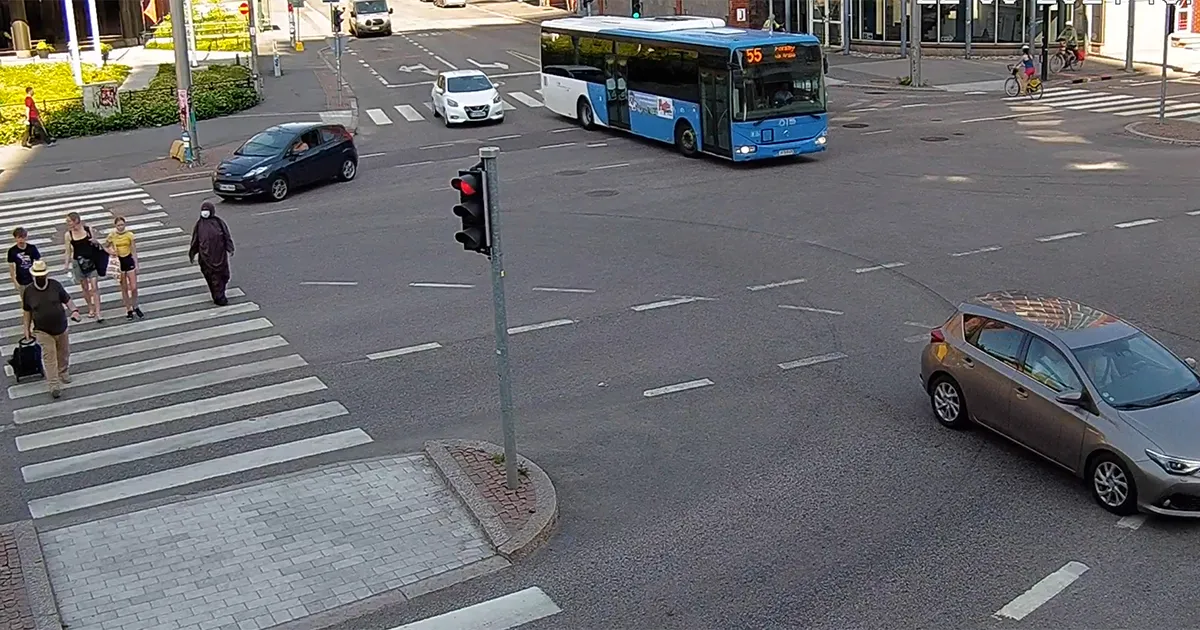
The Toyota subsidiary says the 18-month project will combine GPS data from Grab Taxi and public buses, CCTV footage and multiple sensors with artificial intelligence and machine learning to understand current traffic conditions.
The partners will also seek to comprehend trends to predict future traffic issues and eventually gain insights for the design of traffic management systems and transportation networks.
This project extends the ‘Sathorn Model’, an initiative which used traffic signal control optimisations, smart shuttle services and flexible working time to develop a roadmap to counter congestion.
Other partners involved in the project include the Bangkok Metropolitan Administration and Metropolitan Police Bureau, insurance company ITIC, AIT (Asian Institute of Technology), data science company Siametrics and mobility firm Waycare.








